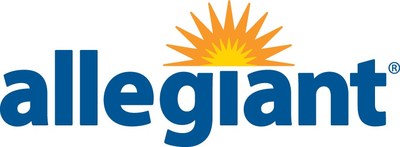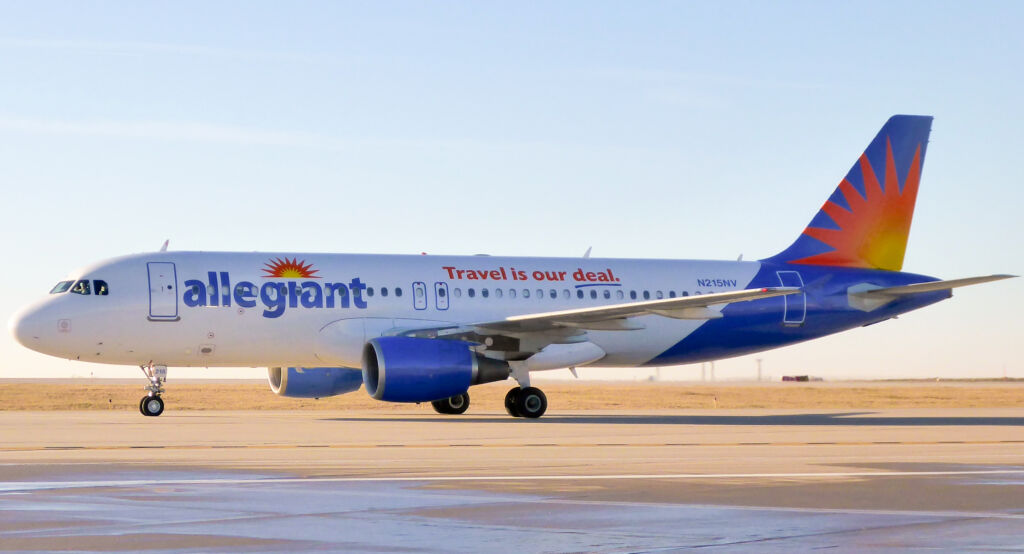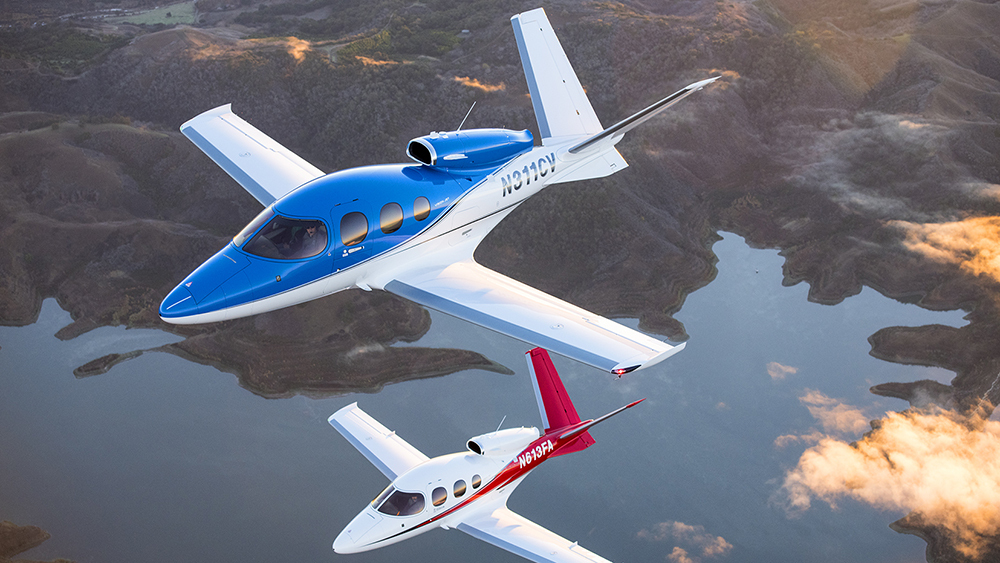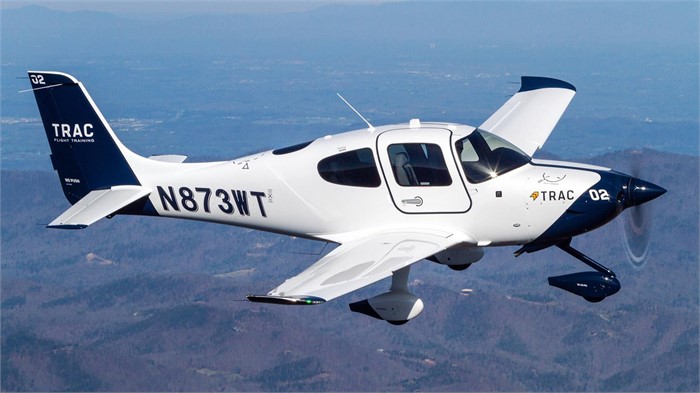Allegiant (NASDAQ: ALGT) today announces 21 new nonstop routes, including nine routes to three new cities: Portland, Oregon; Key West, Florida, and Jackson Hole, Wyoming. Included as part of today’s announcement are eight routes that were delayed in 2020 due to the COVID-19 pandemic.

“Today, travelers are seeking destinations that allow them the chance to recreate in a safe way, usually outdoors,” said Drew Wells, Allegiant’s vice president of revenue and planning. “The three cities we’re adding to our network – Key West, Portland and Jackson Hole – are gateways to some of the United States’ most scenic destinations, including national parks and other outdoor attractions that are in high demand.”
New service from Jackson Hole Airport (JAC) includes:
- Los Angeles, California via Los Angeles International Airport (LAX) – beginning June 2, 2021.
- Phoenix, Arizona via Phoenix Mesa Gateway Airport (AZA) – beginning June 2, 2021.
- Las Vegas, Nevada via McCarran International Airport (LAS) – beginning June 4, 2021.
- Reno, Nevada via Reno-Tahoe International Airport (RNO) – beginning June 4, 2021.
New service from Key West International Airport (EYW) includes:
- Nashville, Tennessee via Nashville International Airport (BNA) – beginning June 2, 2021.
- Sanford, Florida via Orlando Sanford International Airport (SFB) – beginning June 4, 2021.
New service from Portland International Airport (PDX) includes:
- Santa Maria, California via Santa Maria Airport (SMX) – beginning April 15, 2021.
- Monterey, California via Monterey Regional Airport (MRY) – beginning May 28, 2021.
- Idaho Falls, Idaho via Idaho Falls Regional Airport (IDA) – beginning May 28, 2021.
New service from General Wayne A. Downing International Airport (PIA) includes:
- Sarasota, Florida via Sarasota-Bradenton International Airport (SRQ) – beginning May 27, 2021.
- Denver, Colorado via Denver International Airport (DEN) – beginning May 28, 2021.
The new route to/from Charleston, South Carolina via Charleston International Airport (CHS) includes:
- Belleville, Illinois/ St. Louis, Missouri via MidAmerica St. Louis Airport (BLV) – beginning May 28, 2021.
The new route to/from Baltimore, Maryland via Baltimore/Washington International Thurgood Marshall Airport (BWI) includes:
- Punta Gorda, Florida via Punta Gorda Airport (PGD) – beginning May 27, 2021.
In addition to these new routes, Allegiant is announcing new dates for eight routes that were postponed in 2020 due to the pandemic.
The rescheduled routes to Norfolk International Airport (ORF) include:
- Pittsburgh, Pennsylvania via Pittsburgh International Airport (PIT) – beginning June 3, 2021.
- Columbus, Ohio via Rickenbacker International Airport (LCK) – beginning June 3, 2021.
The rescheduled route to Nashville, Tennessee via Nashville International Airport (BNA) includes:
- Greensboro, North Carolina via Piedmont Triad International Airport (GSO) – beginning June 3, 2021.
The rescheduled route to/from Boston, Massachusetts via Boston Logan International Airport(BOS) includes:
- Grand Rapids, Michigan via Gerald R. Ford Airport (GRR) – beginning March 5, 2021.
The rescheduled route to/from Louisville, Kentucky via Louisville International Airport (SDF)includes:
- Charleston, South Carolina via Charleston International Airport (CHS) – beginning May 28, 2021.
The rescheduled route to/from Myrtle Beach, South Carolina via Myrtle Beach International Airport (MYR) includes:
- Knoxville, Tennessee via McGhee Tyson Airport (TYS) – beginning June 2, 2021.
The rescheduled routes to/from Hudson Valley, New York via New York Stewart International Airport (SWF) include:
- Destin, Florida via Destin-Fort Walton Beach Airport (VPS) – beginning June 13, 2021.
- Savannah, Georgia via Savannah International Airport (SAV) – beginning May 26, 2021.
Optional baggage charges and additional restrictions may apply. For more details, optional services and baggage fees, please visit Allegiant.com








